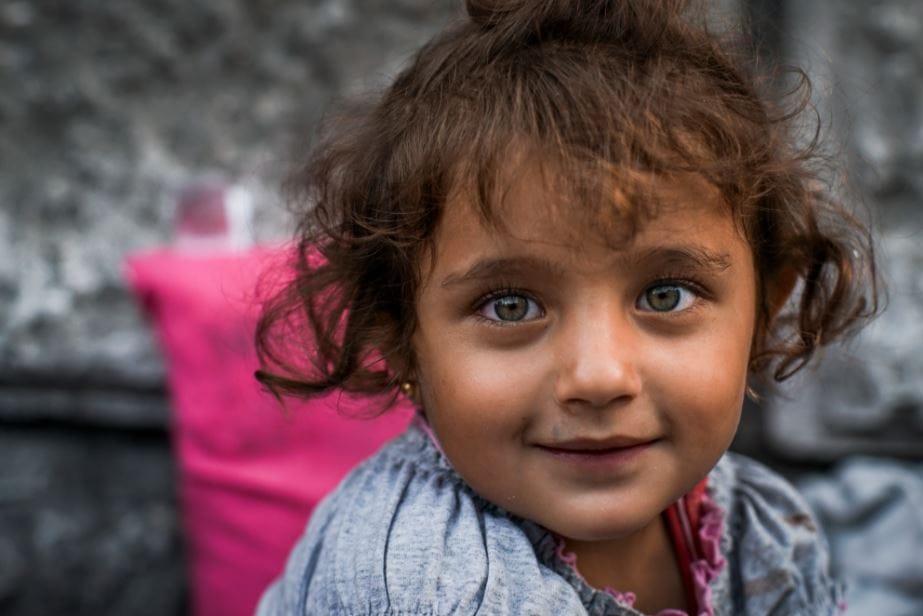Nearly 6 Years In, There's Still a Long Road to Peace in Syria

With the latest missile attack on Syria, it's hard to believe that the heart-wrenching conflict abroad has been going on for nearly six years and has taken the lives of more than a quarter of a million people. This article will succinctly explain what's going on, and how it happened.
Who is Fighting?
There are two main rival camps in Syria. On one hand, there are the soldiers who support the president of Syria, Bashar al-Assad. On the other hand, there are a group of rebel fighters who no longer wish to see President al-Assad in power. Often called "the opposition," nearly a thousand groups of people make up the rebel fighters including political parties who disagree with al-Assad and those living in exile. The war in Syria, therefore, is a civil war because the two sides are in the same country.
How Did the War Begin?
The war began in the small city of Daraa following local protests in response to the arrest and alleged torture of two dozen Syrian schoolchildren. Allegedly, the unarmed minors wrote anti-government graffiti on a wall.
The government responded with violence to these peaceful protests, and the Syrian people -- never mind the world -- were astounded at the retaliation. Pockets of civil unrest began to spring up in all over Syria. Countrymen demanded President al-Assad resign, but he refused to and continues to maintain power today.
Since then, the war has escalated.
In 2013, non-partisan reports showed that chemical weapons were being used in Syria, in violation of international law. More recently, the Assad regime mobilized some of these weapons for use against Syria’s civilian population. This was at least part of the impetus for POTUS to order strikes in the area, and deployment of additional naval forces carrying military weapons for shipping.
What About the Islamic State?
In the middle of all this mess, a third party has contributed to the death and destruction in Syria. A group calling itself the Islamic State began to take over large areas of the Middle East, most notably Iraq. This is an extremely violent group that has engaged in religious prosecution of non-Muslims. Within the power vacuum of the civil war, the Islamic State has been able to take over parts of Syria. Consequently, the militants in favor of al-Assad and the rebel fighters must wage war against the Islamic State as well as each other.
Syrian Refugees

The humanitarian crisis in Syria has tugged at hearts and at headlines. The civil war has caused one of the largest refugee movements in recent history. Millions of Syrians have had to flee their homes and have become refugees. Most have gone to neighboring countries like Jordan, Lebanon, Turkey, or Iraq. Some have found safety in western nations as well.
What's Coming Up?
There is no likely end to the Syrian civil war soon. The pro al-Assad fighters and the opposition are in a stalemate, as they have been unable to defeat each other. Many nations continue to offer humanitarian aid. For the time being, regrettably, the conflict continues.
Photo Credit: Christiaan Triebert / Shutterstock.com



